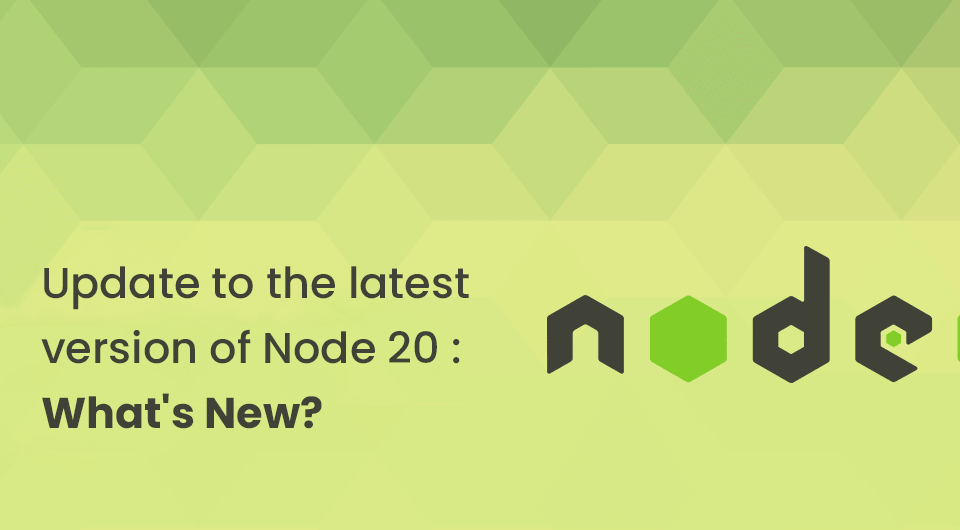Related Articles
Why Performance Testing For Web & Mobile Apps?
Getting tons of user requests and unanticipated loads that might crash your website? Here is why you need to conduct Performance Testing!
Read The PostImportance Of UI/UX
UI/UX is the important spine of your business and plays a very important role in customer acquisition.
Read The PostNative VS Hybrid App Development: A Quick Overview
Native App Development VS Hybrid App Development. The Ultimate Face-Off!
Read The Post


